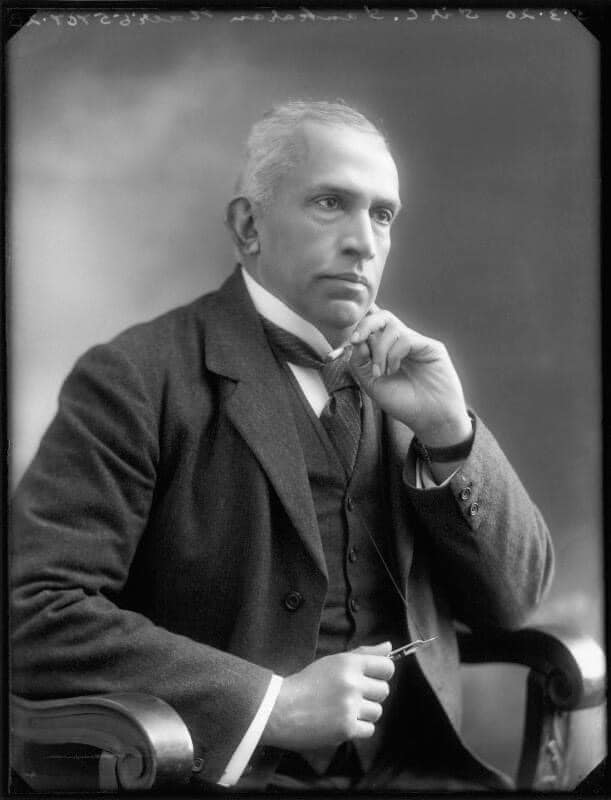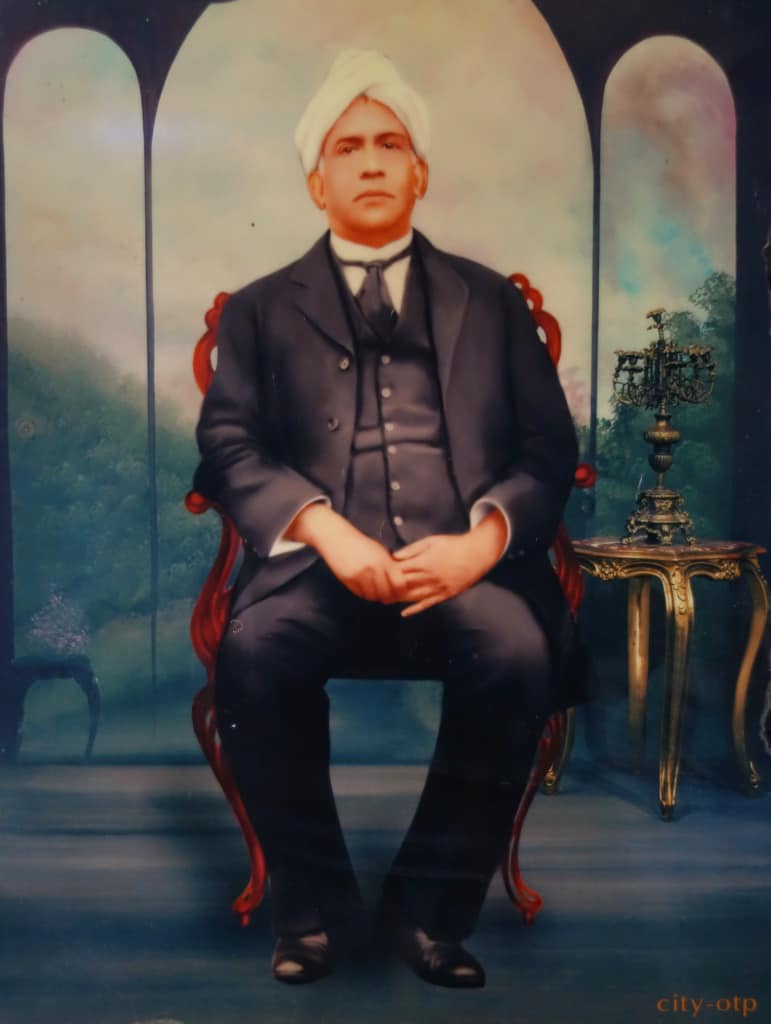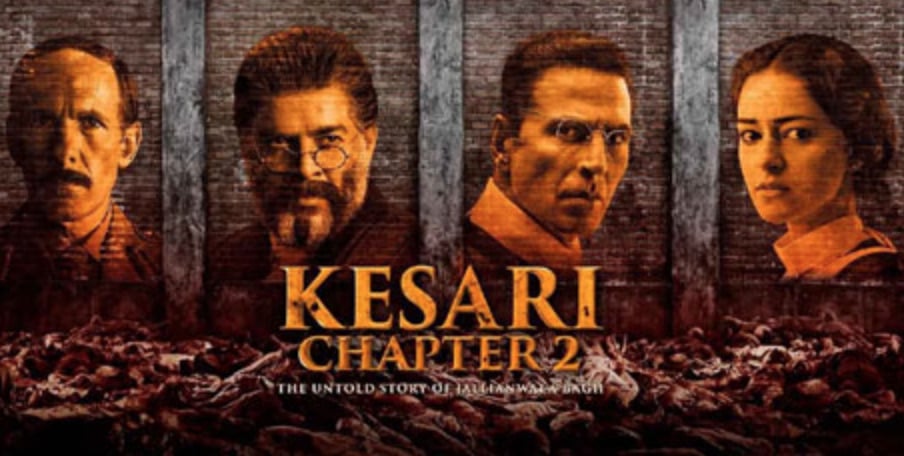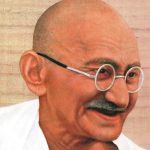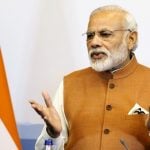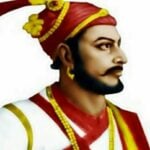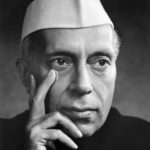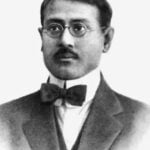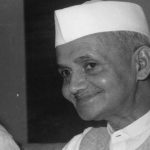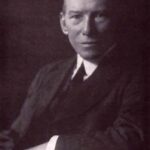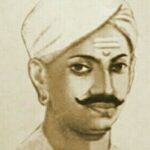C. Sankaran Nair Age, Death, Wife, Children, Family, Biography
Quick Info→
Death Date: 24/04/1934
Wife: Palat Kunhimalu Amma
Age: 77 Years
| Bio/Wiki | |
|---|---|
| Full Name | Sir Chettur Sankaran Nair |
| Profession(s) | Lawyer, Jurist, Activist, Politician |
| Famous for | • His bold opinion against the Jallianwala Bagh massacre (1919) • Real Character of the film Kesari Chapter 2: The Untold Story of Jallianwala Bagh (2025) |
| Physical Stats | |
| Height (approx.) | 5' 7" (170 cm) |
| Eye Colour | Black |
| Hair Colour | Gray |
| Politics | |
| Political Party | Indian National Congress |
| Political Journey | • In 1897, he was elected as the president of Indian Nationa Congress • In 1900, he was elected as the member of the Madras Legislative Council • From 1908 to 1921, he worked as a free political worker • In 1928, he was elected as the President of the Indian Central Committee to co-operate with the Simon Commission |
| Award | Knight Bachelor Award (1912) in recognition of his outstanding contributions to the legal profession |
| Personal Life | |
| Date of Birth | 11 July 1857 (Saturday) |
| Birthplace | Mankara, Palakkad district, Kerala |
| Date of Death | 24 April 1934 (Tuesday) |
| Place of Death | Chennai, Tamil Nadu |
| Age (at the time of death) | 77 Years |
| Death Cause | Age related |
| Zodiac sign | Cancer |
| Nationality | Indian |
| Hometown | Chennai, Tamil Nadu |
| College/University | • Madras Christian College, Chennai, Tamil Nadu • University College, London |
| Educational Qualification(s) | • Bachelor's in Arts from Presidency College, Chennai (1874-1877) • Master's in Law from Madras Law College, Chennai (1877-1879) |
| Religion | Hinduism |
| Hobbies | Reading, Writing |
| Controversy | • The Michael O'Dwyer Defamation Case: In 1922, C. Sankaran Nair wrote a book titled Gandhi and Anarchy. In his book, he wrote critically about the colonial regime and directly blamed Michael O'Dwyer, the former Lieutenant Governor of Punjab, for the massacre. In response to his statement, Michael O'Dwyer sued Nair for defamation in a London court in 1924. Despite of immense pressure on Nair, he stood his ground in the British court, defending his statements and exposing the events around the massacre. However, he technically lost the case. Nair was sentenced with two options either pay 500 British Pound or an apology from Michael O'Dwyer. He choose the first option and paid fine of 500 British Pound. His courtroom testimony revealed uncomfortable truths about British rule and won widespread admiration back in India. [1]Times Life |
| Relationships & More | |
| Marital Status (at the time of death) | Widower |
| Family | |
| Wife/Spouse | Palat Kunhimalu Amma (Deceased)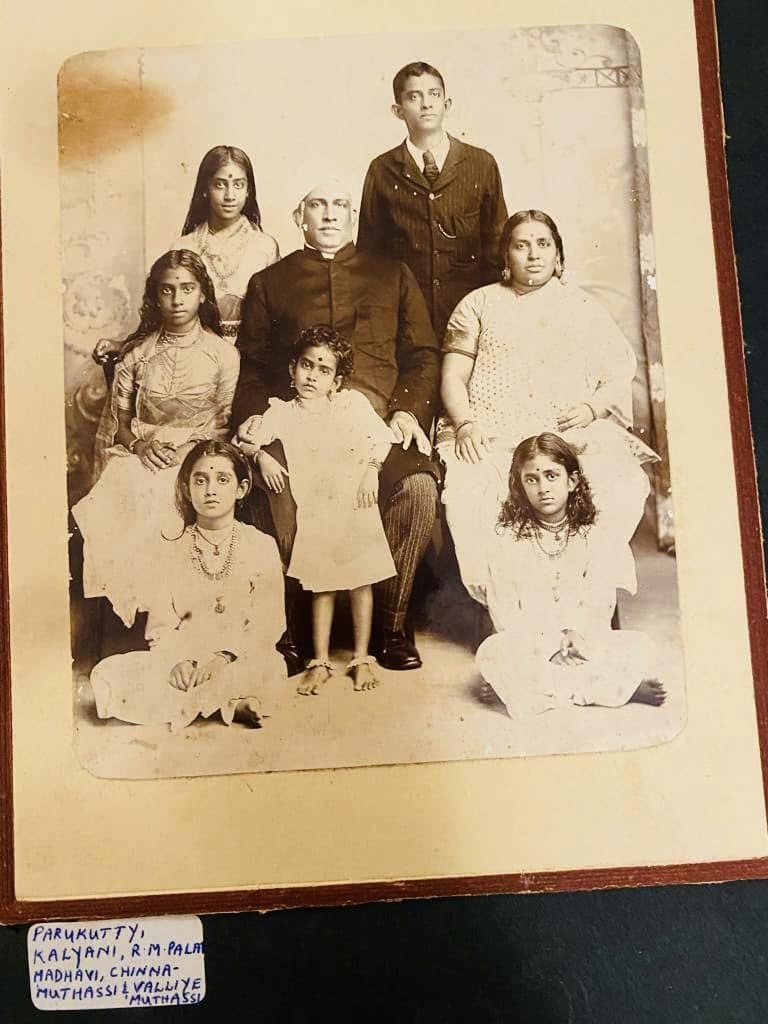 |
| Children | Son- R. M. Palat (Barrister-at-law, Ex-Minister) Daughter(s)- 5 • Parukutty Amma • Madhavi Amma • Kallyani Amma • Lakshmikutty Amma • Saraswathi Amma |
| Parents | Father- Mammayil Ramunni (Deceased) (Tehsildar under the British Government) Mother- Parvathy Amma Chettur (Deceased) |
| Siblings | Brother- Rao Bahadur Chettur Karunakaran Nai Sister(s)- 3 • Krishna Chettur • Nani Chettur • Geeta Chettur |
Some Lesser Known Facts About C. Sankaran Nair
- C. Sankaran Nair was born into an aristocratic family in Mankara village in Malabar’s Palakkad district in Chennai. He was known for his unwavering moral courage, strong convictions, and outspoken opposition to colonial injustice.
- Sankaran Nair got his family name, Chettur, through his mother’s side.
- Sankaran’s early education began in the traditional style at home. Later, he went to a local Government School in the Malabar district, Chennai. For his bachelor’s degree, he went to Presidency College, Chennai.
- In 1879, Nair started his professional career as a lawyer in the High Court of Madras. He was the youngest Indian to enrol as a Lawyer at that time.
- After 4 years, in 1884, the Madras Government appointed him as a member of the committee for an enquiry into the district of Malabar. He was just 27 years old at the time.
- Sankaran Nair was appointed Government Pleader and Public Prosecutor in Madras in 1899.
- Nair played an active part in the Indian National Movement. In 1897, he was elected as the president of the First Provincial Conference held in Chennai.
- In 1897, he was also elected as the president of the Indian National Congress in Amravati. He was the first Malalayi president.
- In 1900, Sankaran was elected as a member of the Madras Legislative Council.
- In 1902, the Viceroy Lord Curzon appointed him Secretary to the Raleigh University Commission. In recognition of his services, he was appointed a Companion of the Indian Empire by the King-Emperor in 1904.
- In 1908, he was appointed as the Advocate-General to the Government and a recurring Judge from time to time.
- From 1908-1915, he was appointed as a permanent Judge in the High Court of Madras.
- In his best-known judgment, he upheld conversion to Hinduism and ruled that such converts were not outcasts. He was the author and editor of the Madras Review and the Madras Law Journal.
- He was knighted (a title that is given to a man by a British king or queen for his achievements or his service to his country) by the British Government in 1912.
- Sankaran Nair became a member of the Viceroy’s Council in 1915. He was given the charge of the Education portfolio. In that office, he frequently urged Indian constitutional reformation. He also supported the Montagu-Chelmsford plan (officially announced on April 22, 1918), according to which India would gradually achieve self-government within the British Empire.
- In 1917, he was nominated as a member of the Indian University Commission led by Sir Michael Sadler. As a member of the commission, he wrote two Minutes of Dissent in the Despatches on Indian Constitutional Reforms in 1919. In his dissent, he pointed out the various defects of British rule in India and suggested reforms. The British government accepted most of his recommendations.
- After the three-month massacre of Jallianwala Bagh (1919), in July 1919, he resigned from the Viceroy’s Council in protest. Motilal Nehru and other nationalists urged him not to resign, as he was holding the highest post an Indian could hold. They wanted him to work within the system and influence the British to do the right thing.
- His resignation led to several significant changes, including the end of press censorship in Punjab, the lifting of martial law, and the establishment of the Hunter Commission to investigate the 1919 Jallianwala Bagh massacre.
- In 1919, Nair moved back to Chennai, Tamil Nadu and started working as a social activist. In 1922, he published his first book titled ‘Gandhi and Anarchy’, which raised a major controversy, because in his book he attacked Mahatma Gandhi’s nationalist noncooperation movement and British actions under martial law. He had also mentioned that Michael O’Dwyer was responsible for creating atrocities in Punjab. Sankaran Nair wrote,
Before the reforms it was in the power of the Lieutenant-Governor, a single individual, to commit the atrocities in the Punjab which we know only too well.”
- In 1924, he was elected as the President of the All India Social Conference at Bombay.
- In 1926, Sankaran Nair’s wife died during a pilgrimage to the holy temple of Badrinath in Uttarakhand.
- In 1928, he was elected the President of the Indian Central Committee to co-operate with the Simon Commission. The Committee prepared a well-argued report asking for Dominion Status for India. When the Viceregal announcement came granting Dominion Status as the ultimate goal for India, Sir Sankaran Nair retired from active politics.
- He was also an influential member of the Hindu Mahasabha, and in 1931, he was chosen as the president of the special Conference of the Sabha in Delhi.
- Sankaran raised his voice for the improvement of education in India. He wanted every village to have at least a primary school and more facilities for women’s education.
- During his political career and social activist career, he opposed untouchability and child marriage, uplifted the depressed classes and marriage of widows in India.
- Sankaran Nair was an avid reader, apart from academic and professional books, he loved to read the Bhagavad Gita, ‘Narayaneeyam’ and the works of Sri Sankaracharya.
- Nair’s grandson, K P S Menon, was India’s first Foreign Secretary after independence.
- Chettur was one of the few people who had worked hard to make India a parliamentary democratic republic.
- In the late 1970’s in the memory of Sankaran Nair, his family opened the Chettur Sankaran Nair (CSN) foundation.
- In November 2024, a biopic of Sir Chettur Sankaran Nair’s life titled Kesari Chapter 2: The Untold Story of Jallianwala Bagh was officially announced by Dharma Productions. In this film, Akshay Kumar starred as Sankaran Nair. R. Madhavan and Ananya Panday were also in the Kesari Chapter 2 cast. The film was released on April 18, 2025.
References/Sources:

